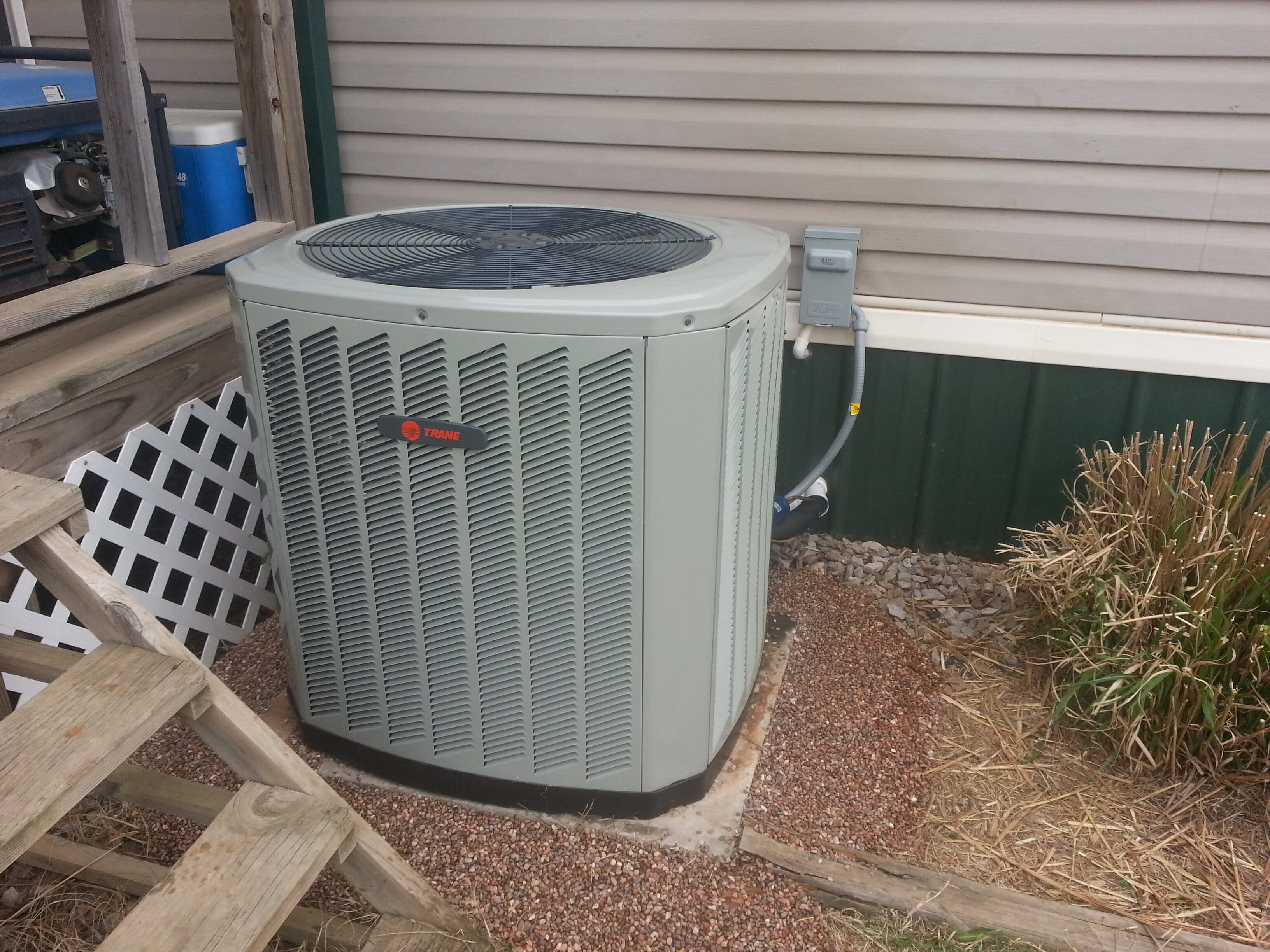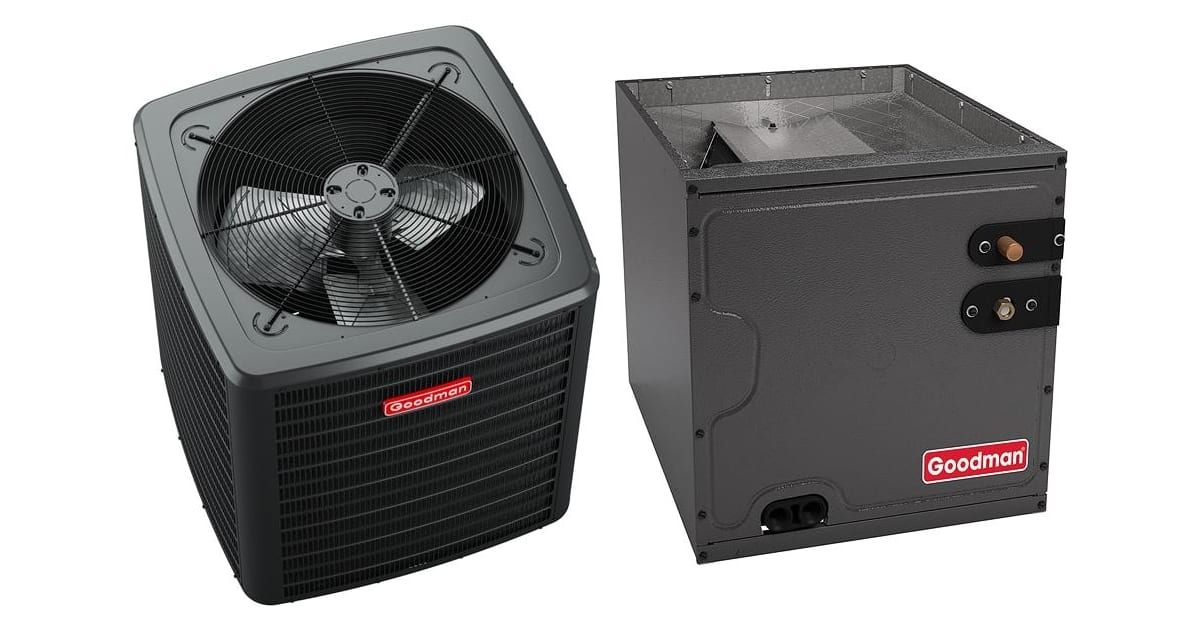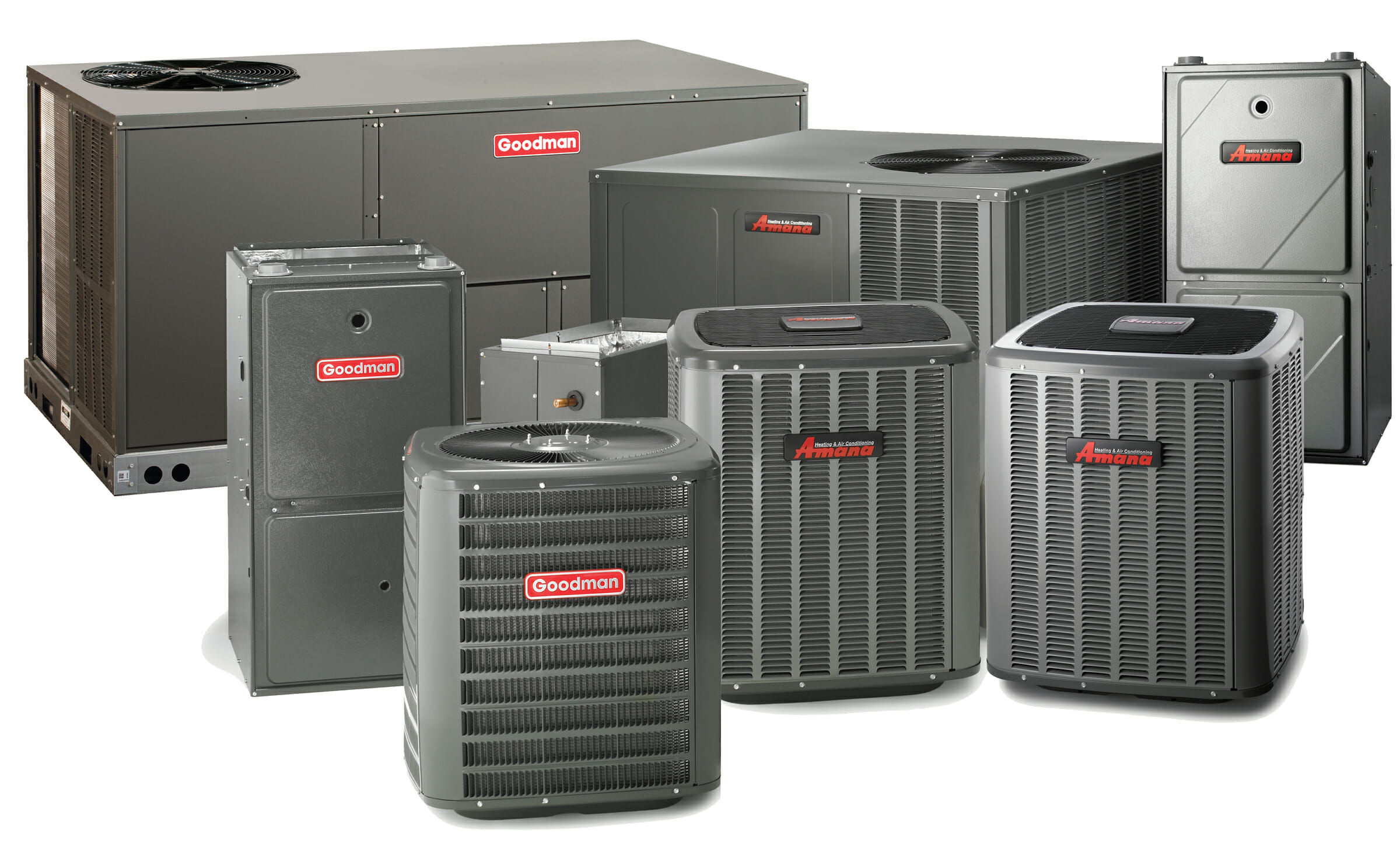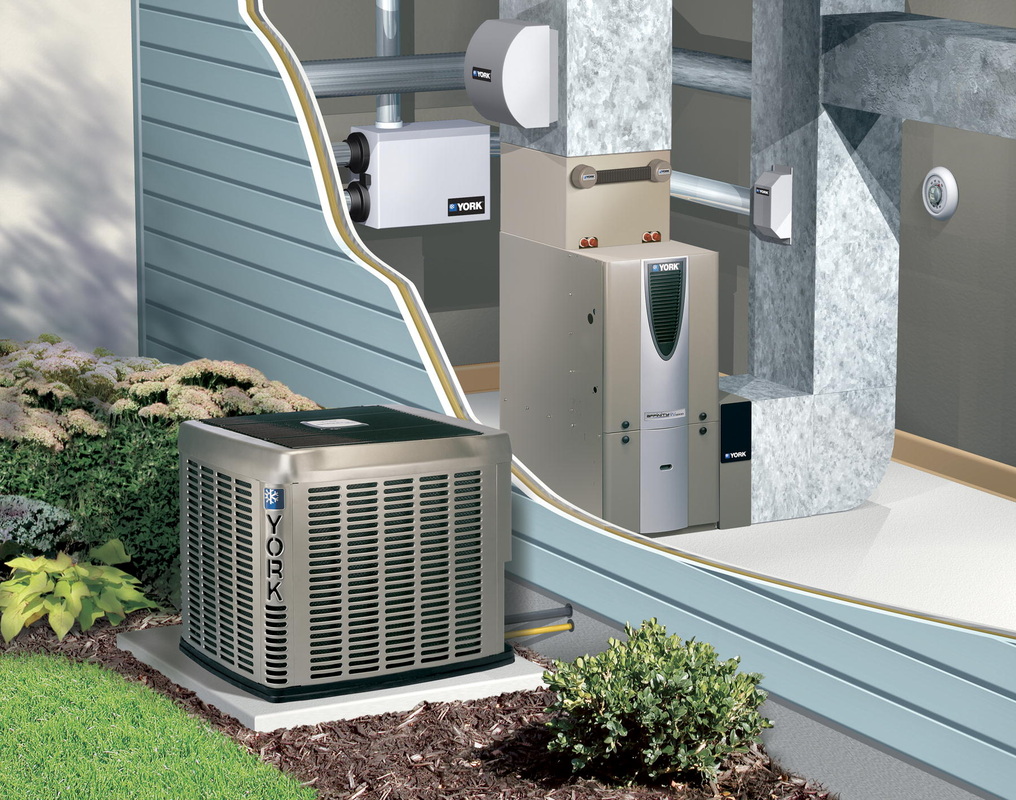Central Air Conditioning System For Sale
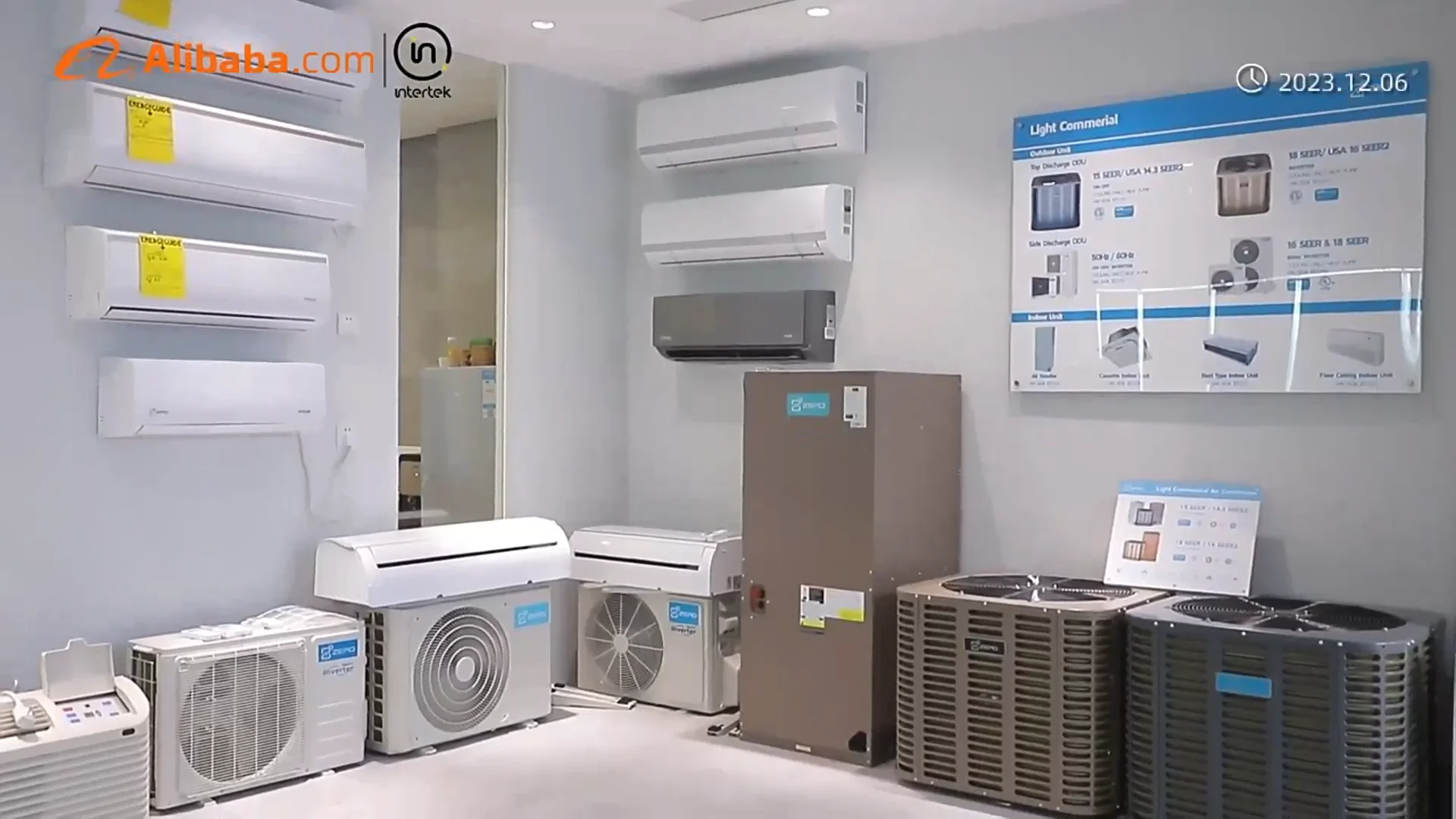
Purchasing a central air conditioning system is a significant investment in your home's comfort and value. This guide provides a comprehensive overview of what to consider when browsing "central air conditioning system for sale," ensuring you make an informed decision that meets your specific needs and budget.
Understanding Central Air Conditioning
A central air conditioning system cools your entire home from a single, central location. Unlike window units that cool individual rooms, a central AC uses a network of ducts to distribute cool air throughout your house. This offers a more even and efficient cooling solution.
Key Components of a Central AC System
To understand the buying process, it's crucial to know the main components:
- Condenser Unit: Located outside, the condenser releases heat from the refrigerant. Think of it as the "heart" of the system, pumping out the hot air.
- Evaporator Coil: Located inside, usually within the furnace or air handler, the evaporator absorbs heat from the air passing over it. This is where the cool air actually comes from.
- Air Handler: Circulates air throughout your home, pushing it across the evaporator coil and through the ductwork.
- Refrigerant: The "blood" of the system, circulating between the condenser and evaporator, carrying heat. It absorbs heat indoors and releases it outdoors.
- Ductwork: A network of tubes that distributes cool air from the air handler to vents in each room.
- Thermostat: Allows you to control the temperature and operation of the system.
Factors to Consider Before Buying
Before searching for "central air conditioning system for sale," consider these crucial factors:
1. Sizing (BTU and Tonnage)
Sizing is arguably the most important factor. An undersized unit won't cool your home effectively, while an oversized unit will cycle on and off frequently, wasting energy and potentially leading to humidity problems.
AC capacity is measured in British Thermal Units (BTU) and tons. One ton equals 12,000 BTU per hour. To determine the correct size for your home, you'll need to consider:
- Square footage of your home: Larger homes require larger units.
- Climate: Hotter climates demand more cooling power.
- Insulation: Good insulation reduces the cooling load.
- Windows: The number and type of windows affect heat gain.
- Sun exposure: South-facing homes receive more sun and require more cooling.
- Number of occupants: More people generate more heat.
A professional HVAC technician can perform a load calculation to accurately determine the appropriate size for your home. This will ensure optimal performance and efficiency.
2. Energy Efficiency (SEER Rating)
SEER (Seasonal Energy Efficiency Ratio) measures an AC unit's cooling efficiency over an entire cooling season. The higher the SEER rating, the more efficient the unit and the lower your energy bills.
The minimum SEER rating currently mandated by the U.S. Department of Energy is 14 in most regions. However, units with SEER ratings of 16 or higher are available and can offer significant energy savings over the lifespan of the system.
Investing in a higher SEER unit may have a higher upfront cost, but the long-term energy savings will often offset the difference. Consider your climate and how frequently you'll be using the AC to determine the optimal SEER rating for your needs.
3. Type of System
While "central air conditioning system" generally refers to a split system (with the condenser outside and the evaporator coil inside), there are variations:
- Split System: The most common type, consisting of an outdoor condenser and an indoor evaporator coil.
- Package Unit: All components (condenser, evaporator, and air handler) are housed in a single outdoor unit. These are often used in commercial buildings or homes without sufficient space for a split system.
- Heat Pump: A heat pump can both heat and cool your home. In cooling mode, it works like a central AC, extracting heat from inside and releasing it outside. In heating mode, it reverses the process.
Consider the existing infrastructure of your home, particularly your heating system, when choosing the right type of central AC. A heat pump can be a good option if you need both heating and cooling and live in a moderate climate.
4. Brand Reputation and Warranty
Choose a reputable brand known for reliability and performance. Research online reviews and ask for recommendations from friends, family, or neighbors.
Also, carefully review the warranty offered by the manufacturer. A good warranty will cover parts and labor for a specified period, providing peace of mind and protecting your investment. Pay close attention to the terms and conditions of the warranty, as some may require regular maintenance to remain valid.
5. Installation Costs
The cost of installing a central AC system can vary depending on several factors, including:
- Complexity of the installation: Homes with existing ductwork are typically less expensive to install.
- Accessibility: Difficult-to-reach locations can increase labor costs.
- Electrical work: Upgrading the electrical panel may be necessary to handle the increased power demand.
- Permits and inspections: Local regulations may require permits and inspections, adding to the overall cost.
Get quotes from multiple contractors to compare prices and services. Be sure to ask for a detailed breakdown of the costs, including equipment, labor, and any additional fees.
6. Ductwork Condition
If your home already has ductwork, have it inspected for leaks, damage, and insulation. Leaky or poorly insulated ducts can significantly reduce the efficiency of your AC system, wasting energy and increasing your cooling bills. Consider sealing or replacing the ductwork if necessary.
Finding Central Air Conditioning Systems For Sale
Once you've considered the factors above, you can start your search for "central air conditioning system for sale." Here are some common avenues:
- Local HVAC Contractors: Contact local HVAC contractors to get quotes and discuss your needs. They can assess your home and recommend the right system for your situation.
- Online Retailers: Online retailers offer a wide selection of AC systems at competitive prices. However, be sure to factor in shipping costs and installation fees. Important: It's generally recommended to have a professional install a central AC system, even if you purchase it online.
- Home Improvement Stores: Home improvement stores like Lowe's and Home Depot sell central AC systems and offer installation services.
- Manufacturer Websites: You can often find information about different models and locate authorized dealers on the manufacturer's website.
Questions to Ask Potential Installers
When interviewing potential installers, ask these important questions:
- Are you licensed and insured? This is crucial for protecting yourself from liability in case of accidents or damage.
- Do you have experience installing the type of system I'm considering? Experience matters, especially with complex installations.
- Can you provide references from previous customers? Contacting references can give you valuable insights into the installer's quality of work and customer service.
- Do you offer a warranty on your installation work? A good installer will stand behind their work and offer a warranty.
- What is included in the installation cost? Make sure you understand exactly what you're paying for.
- How long will the installation take? Get an estimated timeline for the installation process.
- Will you dispose of the old unit? Find out if the installer will remove and dispose of your old AC system.
Maintaining Your Central AC System
Once your new central AC system is installed, proper maintenance is essential to ensure its longevity and efficiency. Here are some key maintenance tasks:
- Change the air filter regularly: A dirty air filter restricts airflow, reducing efficiency and potentially damaging the system. Change the filter every 1-3 months, depending on usage and air quality.
- Clean the condenser unit: Remove debris and vegetation from around the condenser unit to ensure proper airflow.
- Schedule annual professional maintenance: A qualified HVAC technician can inspect the system, clean the coils, check the refrigerant levels, and identify any potential problems.
- Keep vents clear: Ensure that vents are not blocked by furniture or other objects.
Cost Considerations
The cost of a central AC system can vary widely depending on the size of the unit, the SEER rating, the brand, and the complexity of the installation. Expect to pay anywhere from $3,000 to $7,000 or more for a new system, including installation. Be sure to factor in the long-term energy savings when comparing different models.
While initial cost is important, remember that a more efficient system will save you money in the long run. Don't just focus on the upfront price; consider the total cost of ownership, including energy bills and maintenance.
By carefully considering these factors, you can navigate the process of buying a "central air conditioning system for sale" with confidence and make an informed decision that will keep you cool and comfortable for years to come. Remember to prioritize professional installation and regular maintenance for optimal performance and longevity.


/central-air-58e994303df78c51625541a8.jpg)
